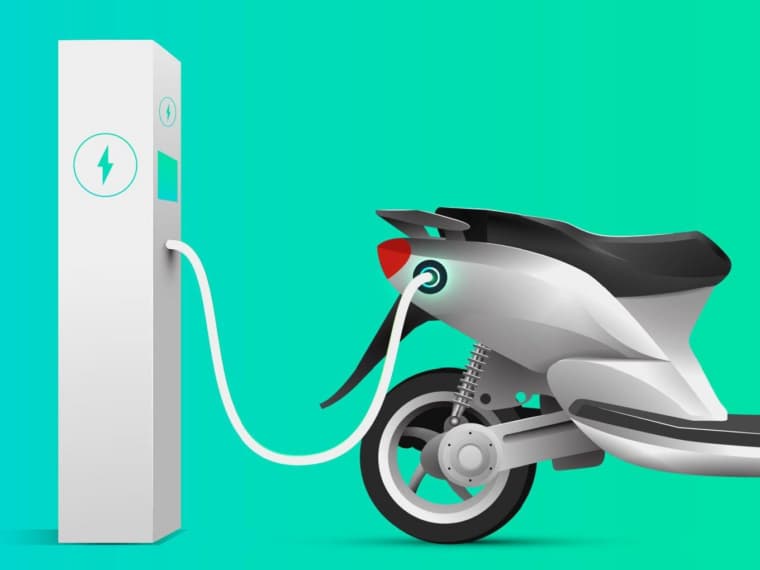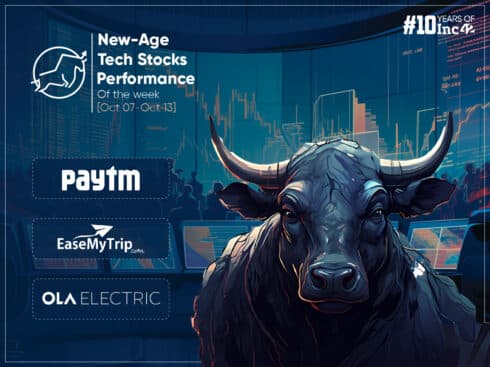
ASG Venkatraman argued that three OEMs, who also received similar demand notices from the Centre, have returned the subsidy amount
Okinawa’s counsel contended that in the absence of interim relief, the EV maker would have to file for insolvency
In May last year, the MHI issued a notice to Okinawa to pay the dues for allegedly violating domestic manufacturing mandates under FAME-II scheme
In a major blow for Okinawa, the Delhi High Court (HC) has dismissed its plea seeking to restrain the Centre from recovering subsidies worth INR 116.8 Cr disbursed to the electric vehicle (EV) maker under FAME-II scheme.
“… The Court is unable to accept the contentions urged by the petitioners and therefore the present application is dismissed,” read the HC order dated August 5.
In May last year, the Ministry of Heavy Industries (MHI) issued a notice to Okinawa to pay back the subsidies for allegedly violating domestic manufacturing mandates under the Faster Adoption and Manufacturing of (hybrid &) Electric Vehicles (FAME)-II scheme.
Okinawa’s counsel Manish Bishnoi argued before the HC that the company is unable to “carry on” the production of its EVs due to cash crunch and as such, sought interim relief from recovery of dues.
The counsel also contended that the company’s cash flows have come to a standstill and an insolvency petition against it is pending before the National Company Law Tribunal (NCLT). He also said that the Centre’s demand notice is posing hurdles for the EV maker to raise funds and obtain loans from banks.
“Bishnoi contends that in case interim orders as sought are passed, the petitioner company shall be able to revive itself and start production in a smooth manner, which will help the petitioner company to get back on its feet… If no interim relief is granted, they will have no option to file for insolvency…,” read the order.
Okinawa’s counsel also referred to the undertaking given by additional solicitor general (ASG) before the HC in November 2023 that no coercive action would be taken against Okinawa during the course of the legal proceedings.
In his counter, ASG N Venkatraman opposed the relief sought by the EV maker saying that Okinawa was in violation of rules specified for availing incentives under the FAME-II scheme.
Venkatraman also argued that three original equipment manufacturers (OEMs), who also received similar demand notices from the Centre, have returned the subsidy amount.
Greaves’s Ampere, Amo Mobility and Revolt are the three EV makers who were also slapped with demand notices for flouting rules.
“He submits that there are also other entities who are also facing similar demands from the government, and in fact, three of the OEMs have already returned the subsidy amount. Thus, granting any interim protection to the petitioners in such circumstances would set a wrong precedent,” read the HC order.
After hearing both sides, the single-judge bench of Justice Sanjeev Narula dismissed Okinawa’s plea for interim relief.
For the uninitiated, at least 50% of an EV’s components needed to be locally manufactured to avail these subsidies. However, according to tests carried out by the International Centre for Automotive Technology (ICAT), Okinawa imported DC-DC converters, traction motors, onboard chargers, and wheel rims and buzzers in FY22 and FY23.
“In the case of Okinawa, we found even the tyres, horns and seats were imported. Literally, the entire scooter. How could we pass it off?” an MHI official told Inc42 last month.
Meanwhile, the development is expected to have a major bearing on EV makers in the country, who are in the dock for flouting localisation mandates under the FAME-II scheme. For Okinawa, the negative press around the government looking to recover the incentives hit the EV maker’s $100 Mn funding round.
On top of that, Okinawa has been intermittently operating its manufacturing units for fulfilling some outstanding orders to avoid legal conflicts with its dealers.
Earlier, Inc42 also reported that the Centre’s bid to claw back subsidies may lead to at least three to five OEMs shutting down operations in the next few months and impacting more than 5,000 jobs.































 Ad-lite browsing experience
Ad-lite browsing experience